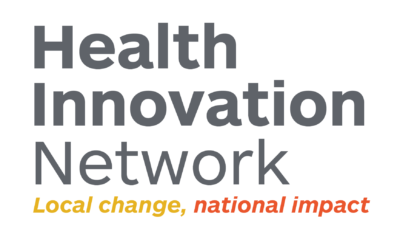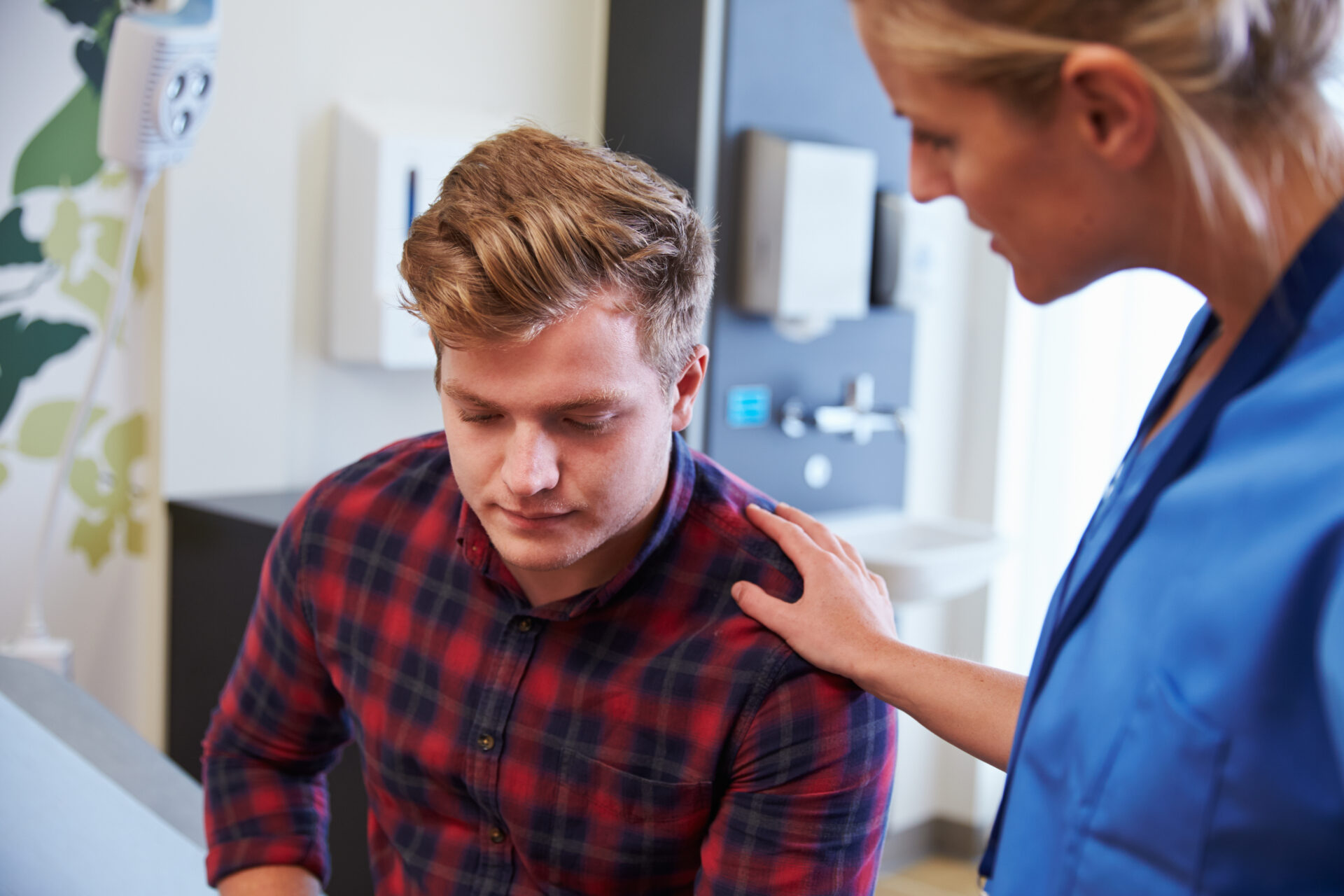The Patient Safety Collaboratives (PSCs) have been working to deliver a programme aimed at reducing restrictive practice in mental health in-patient settings.
Work is underway with 14% of all NHS mental health, learning disability and autism wards across England, which equates to 172 wards. Reductions in restrictive practice use in now being seen in a number of wards. PSCs are also working with the five largest independent providers of care for NHS patients with mental health needs, learning disabilities and autism.
In 2015, the Mental Health Act Code of Practice called on mental health services to reduce restrictive interventions. These practices are used with mental health, learning disability and autism inpatient services to prevent individuals in these services from harming themselves or others. These practices should be a last resort because whilst they are used to prevent harm, research shows that they cause harm to patients experiencing them and to staff involved.
Restrictive practices include physical restraint, seclusion, and rapid tranquilisation. Reports have found that there is a significant variation in the way restrictive practice are being used when responding to challenging situations.
The Department of Health and Social Care’s Mental Health Units (Use of Force) Act 2018 statutory guidance of 2021 reports that there is still work to do. The Act aims to provide an opportunity to embed a consistent approach across services nationally. It encourages a trauma-informed way of working where the use of force is an uncommon experience for patients and staff.
The Mental Health Safety Improvement Programme (MHSIP) delivers the core changes described within this Act. The MHSIP supports staff and patients to work together to improve services and reduce the need to use restrictive interventions in their wards.
Led by NHS England and delivered by regional, AHSN-hosted, PSCs, the programme will continue to scale up and spread the reducing restrictive practice package. The package was developed for the MHSIP by the National Collaborating Centre for Mental Health (NCCMH) in a national reducing restrictive practice pilot group. MHSIP supports the NHS England Patient Safety Strategy.
The programme aims to improve safety by reducing harm caused to people using mental health, learning disabilities and autism in-patient services by 2023. The PSCs will focus on creating safer in-patient mental health and learning disability and autism services by using a systematic quality improvement approach to reduce restrictive practices delivered through our mental health safety improvement networks.
Initial indications show that a 15% reduction in restrictive practices across England would represent over 19,000 fewer incidences of restrictive practice per year.
*The mental health safety improvement programme: a national quality improvement collaborative to reduce restrictive practice in England
British Journal of Healthcare Management (magonlinelibrary.com)
Dr Cheryl Crocker, AHSN Network Patient Safety Director said:
“We are very excited to see how wards are improving their practices and reducing restraint. This has benefits for service users and staff. We will be sharing examples of the great work wards have done in the months to come. Our mental health safety networks are an excellent forum to share learning and support each other.”
Dr Helen Smith, Consultant psychiatrist and Clinical Advisor to the mental health safety improvement programme, commented:
“Nobody wants to receive care or work on a ward with high levels of restrictive practice, they are stressful and unpleasant places for everyone to be. This programme gives staff and patients the tools and the power to do something different and improve the safety of care for everyone. We are starting to see some significant sustained reduction in restrictive practice. Watch out for the inspiring stories that staff and patients are sharing as this programme progresses.”
- Find out more about the mental health safety programme.
- Read about PSCs and the AHSN Network’s patient safety plan.

Angie Doshani, is founder of JanamApp and Consultant Obstetrician and Gynaecologist at University Hospitals of Leicester NHS Trust. JanamApp is a ground-breaking solution addressing the disparities in pregnancy outcomes faced by South Asian women, who experience a 1.8 times higher risk compared to their white counterparts. The challenges of some women from this demographic include [...]

Lesley Bull, a South London GP and our 1000th delegate chats to Lois-Hooper Ainsworth, Programme Coordinator on the National Polypharmacy Programme, about why she registered for the Health Innovation Network Polypharmacy Action Learning Set, what she got out of it and why other GPs should attend. Lesley Bull So, Lesley, could you tell [...]

Jo Barosa is Account Director at Qbtech UK. Qbtech is a market leading provider of innovative objective tests for assessing and treating ADHD, changing the landscape of ADHD care. Driven by its mission to improve the lives of people with ADHD, Qbtech supports by providing digital and clinical solutions to improve clinical decision making, service [...]









